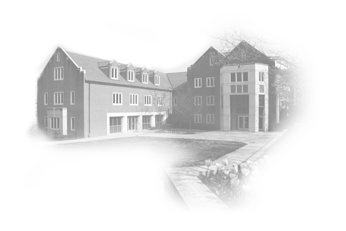Submitted by scrawford on
| Title | Tensor Contraction on Distributed Hybrid Architectures using a Task-Based Runtime System |
| Publication Type | Tech Report |
| Year of Publication | 2018 |
| Authors | Bosilca, G., D. Genet, R. Harrison, T. Herault, M. Mahdi Javanmard, C. Peng, and E. Valeev |
| Technical Report Series Title | Innovative Computing Laboratory Technical Report |
| Number | ICL-UT-18-13 |
| Date Published | 2018-12 |
| Institution | University of Tennessee |
| Abstract | The needs for predictive simulation of electronic structure in chemistry and materials science calls for fast/reduced-scaling formulations of quantum n-body methods that replace the traditional dense tensors with element-, block-, rank-, and block-rank-sparse (data-sparse) tensors. The resulting, highly irregular data structures are a poor match to imperative, bulk-synchronous parallel programming style due to the dynamic nature of the problem and to the lack of clear domain decomposition to guarantee a fair load-balance. TESSE runtime and the associated programming model aim to support performance-portable composition of applications involving irregular and dynamically changing data. In this paper we report an implementation of irregular dense tensor contraction in a paradigmatic electronic structure application based on the TESSE extension of PaRSEC, a distributed hybrid task runtime system, and analyze the resulting performance on a distributed memory cluster of multi-GPU nodes. Unprecedented strong scaling and promising efficiency indicate a viable future for task-based programming of complete production-quality reduced scaling models of electronic structure. |



